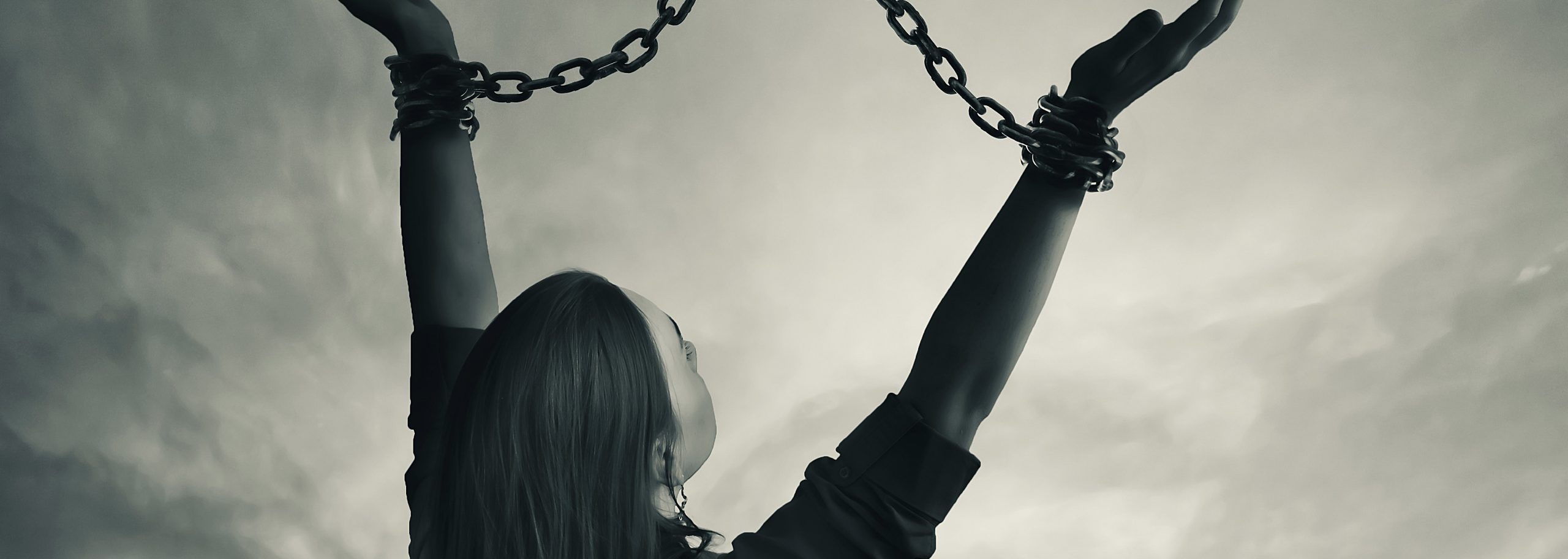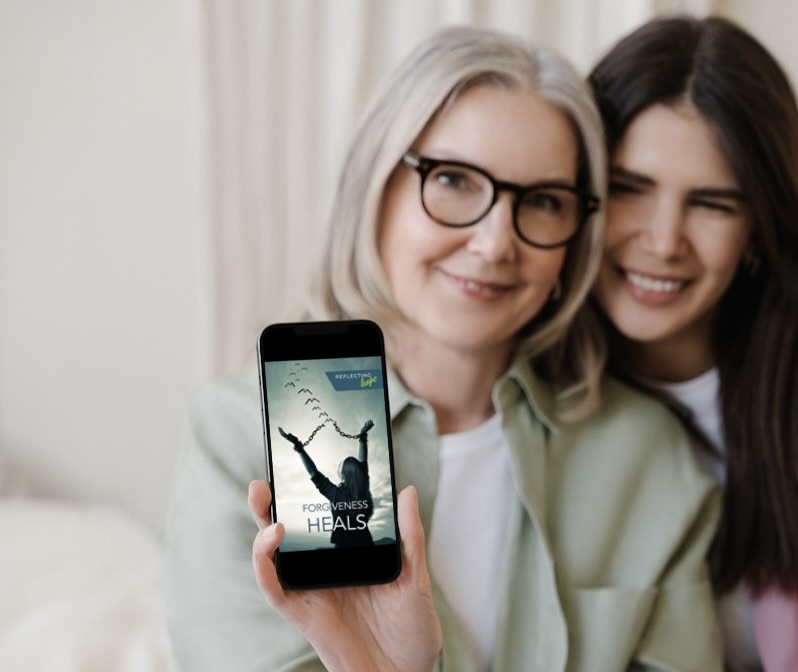
The Essence Of The Gospel
May 10, 2024
Ever Heard About Grace?
May 17, 2024‘Everyone says forgiveness is a lovely idea until they have something to forgive,’ C.S. Lewis once said. I can relate to it!
Learning to forgive the people who caused me harm has been a painful and challenging journey. Yet what God taught me in the process has been priceless, so I published a book, The Healing Power of Forgiveness (www.lifesourcebookshop.co.uk).

What is forgiveness?
Forgiveness is ‘the decision to let go of resentments and thoughts of revenge and to untie yourself from thoughts and feelings about the offence committed against you’ (Piderman, K., Staff Chaplain at the Mayo Clinic). The impact of this statement is demonstrable in the health benefits forgiveness brings.
The REACH Forgiveness study makes it clear:
‘The resulting science sends a clear message that forgiveness works. It has a significant impact on mental health, physical health, and our relationships with one another at the interpersonal and even societal levels.’
F.O.R.G.I.V.E.
In my workshop F.O.R.G.I.V.E. and Heal, I examine the topic with this acronym:
F – Forgiveness heals
O – Offering pardon
R – Remember, Recover, Restore
G – Grace & Giving
I – Identification & Intercession
V – Value & Virtue
E – Emancipation
Let’s take a glance at what these segments entail.
Forgiveness heals.
Forgiveness is health-enhancing. ‘Studies have found that the act of forgiveness can reap huge rewards for your health, lowering the risk of heart attack; improving cholesterol levels and sleep; and reducing pain, blood pressure, and levels of anxiety, depression and stress.’ (www.hopkinsmedicine.org)
Offering pardon.
The Merriam-Webster Dictionary defines pardon as ‘the excusing of an offence without exacting penalty.’ Pardon was evident following the Rwanda genocide when Alice Mukarurinda forgave Emmanuel Ndayisaba, the man who killed her baby daughter and cut off Alice’s right hand. Would you be able to offer pardon for an offence of that magnitude?
Remembering.
Several years ago someone stole a large sum of money from me. Each time the incident came to mind, I had to decide what to do with the memory and how I would react. The way I remembered (how I recalled the incident) became a significant turning point for me. Even though I remembered the facts, I chose not to dwell on the associated painful emotions. This helped me to heal. Our brain through its neurological processes captures incidents and stores them as memories. Therefore forgetting is not a natural act. We are wired biologically to remember. Be careful how you remember.
Recover.
‘When a deep injury is done to us, we never recover until we forgive’ (Alan Paton). What would recovery from a hurtful experience look like for you? Take a moment to think: How would you feel? What thoughts would you have? What would you say to yourself? What would you say to others?
Restore.
‘Forgiveness is just another word for peace in the language of the soul’ (Neale Donald Walsch). When we forgive, we are at peace with ourself and others. Peace brings restoration. Why not ‘rest’ your soul from unforgiveness?
Grace.
‘To be able to forgive someone who has hurt you is a moment of grace’ (Anne Gallagher). A word for ‘forgive’ is charizomai, based on charis, meaning gift, unconditional favour or grace. Gift someone who has hurt you with grace.
Giving.
Forgiving is an action. We give something of ourself at a personal cost. Ephesians 4:32 reminds us to forgive others as God forgives us. Both love and forgiveness are evident in the Bible (John 3:16) when God gave Jesus as a gift to save humanity.
Identification.
If you have been wounded by betrayal, hurt, or abuse, express how you are feeling and the struggle you are experiencing with forgiving. Writing your feelings down, sharing with a trusted individual, can be therapeutic. It may be necessary to seek professional help and counselling.
Intercession.
The act of interceding describes someone acting or intervening on our behalf. Ask someone you trust to support you in prayer – request God’s help to enable you to forgive.
Pray that God will release any bitterness you may be holding for the individual who hurt you.
Value.
Numerous studies highlight the benefits of forgiveness, such as maintaining emotional well-being, restoring relationships, personal growth.
Virtue.
This is a character trait of excellence. Think of how forgiveness can make you a better person.
‘Bear with each other and forgive one another. . . . And over all these virtues put on love, which binds them all together in perfect unity.’ (Colossians 3:13-14)
Emancipation.
Forgiveness brings freedom. ‘When you hold resentment towards another, you are bound to that person or condition by an emotional link that is stronger than steel. Forgiveness is the only way to dissolve that link and get free’ (Katherine Ponder).
Embrace the words of Eva Mozes Kor, a Holocaust survivor:
‘Forgive. See the miracle that can happen.’
Sharon Platt-McDonald is a leading Health Practitioner and Coach, Author, and Community Leader.
She leads the Women's Ministry, Health Ministry and Community Services departments for the Seventh-day Adventist Church in UK and Ireland.
Recommended resources
Facing life’s challenges, who hasn’t wanted to throw in the towel and flee to a deserted island?
If you’re crushed by many questions without answers, why not try The Power of Hope? Read & order a free copy.
Interested in a free course in order to find out more?
DISCOVER is our most requested course, as it is designed for those engaged in a journey of discovery. You will find hope, meaning and purpose.




